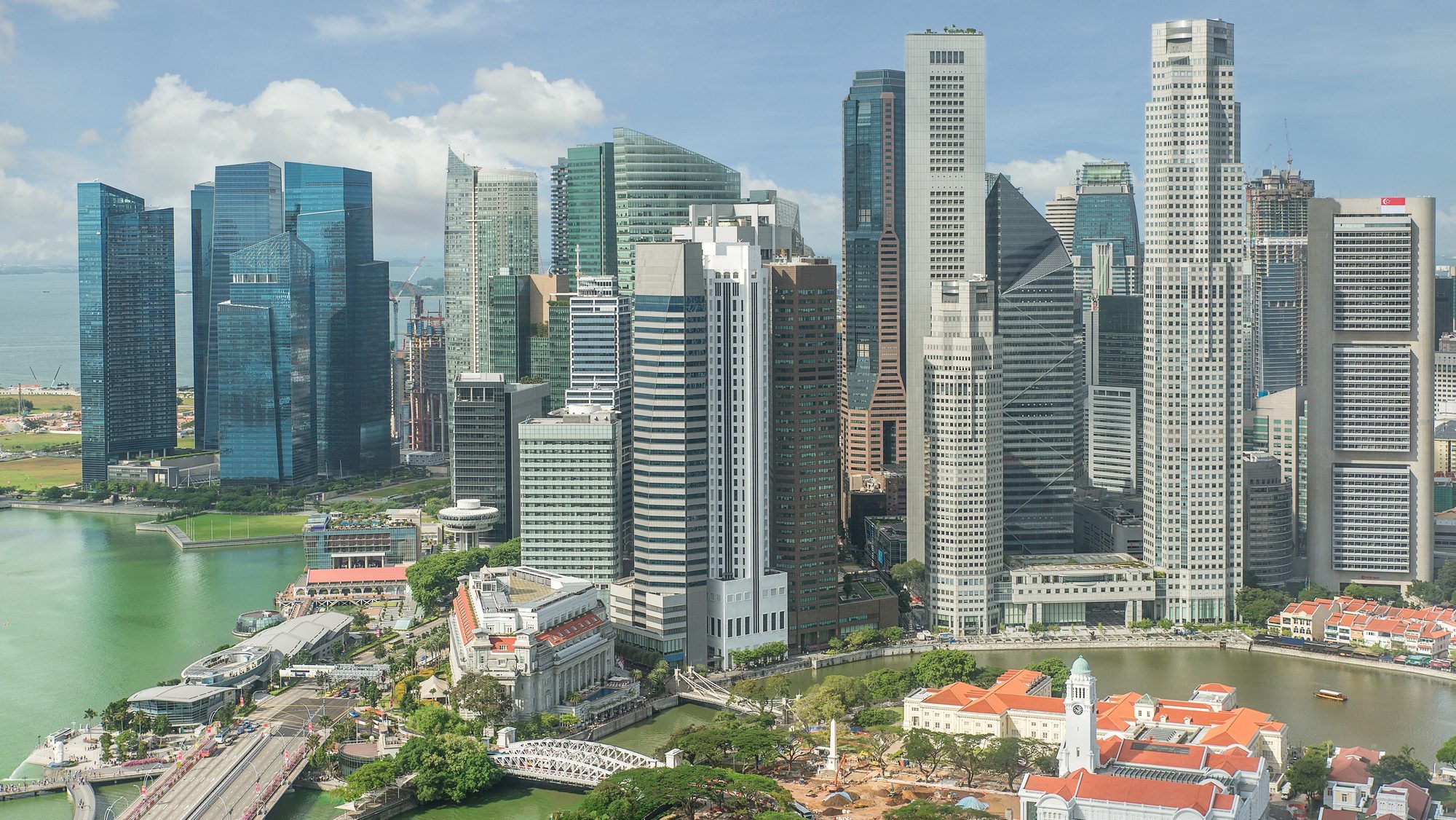SINGAPORE: As home sales in Singapore fall to their lowest level in 16 years, investors are turning their attention to the industrial and retail sectors. Analysts report that this shift comes amid a revival in manufacturing, leading to increased interest in industrial estates.
According to Singapore Business Review, Chua Yang Liang, head of Research and Consultancy for Southeast Asia at Jones Lang LaSalle, Inc., said that industrial assets, particularly logistics properties, are the most sought-after by investors.
He added that Singapore’s retail sector is gaining new interest due to a rebound in global tourism and rising wealth among Asians.
He said that retail and logistics properties will continue to be in focus, with more investors looking at options like multi-family, data centres, and infrastructure.
In August, new home sales dropped 47.2% compared to last year, with only 208 units sold. The total for the first eight months of 2024 is under 2,700 units, marking a 48.6% decline. This decline has led firms like CBRE Group, Inc. and JLL to cut their sales forecasts.
In contrast, the industrial property market is thriving, with transactions rising by 6.1% in the second quarter, reaching $320 million. Colliers International Group expects this trend to continue, predicting an overall increase in sales to about $2.7 billion by the end of the year.
Notable deals include BDx’s $140 million purchase of OneTen Paya Lebar and Ho Bee Land’s sale of a 49% stake in Elementum for $134 million.
In the second quarter, BHL factories sold for $74 million, while Kian Ann Building was sold for $63 million.
Two sale and leaseback agreements were also completed involving British American Tobacco and Singapore Asahi Chemical & Solder Industries, valued at $53.2 million and $36 million, respectively.
According to Colliers, more companies are expected to pursue sale and leaseback deals to free up capital. They noted that investors are looking for higher-yielding assets, especially as businesses adjust their supply chains amid ongoing tensions between the US and China.
Knight Frank LLP reported that Singapore achieved the highest six-month annual rental growth for logistics properties in the Asia-Pacific region at 10.8%.
The report noted that international manufacturers view the island as a “potential manufacturing location to expand operations.”
Manufacturing growth resumed in the quarter ending June, rising by 0.5% from the previous year after two-quarters of decline, driven by a rebound in global technology.
Singapore Business Review reported that Jeremy Lake, managing director of investment for Sales and Capital Markets at Savills Singapore, shared that data centres and life sciences are also gaining popularity among investors in the industrial sector.
Retail Sector
Wong Xian Yang, head of Research for Singapore and Southeast Asia at Cushman & Wakefield, Inc., stated that, like the industrial sector, retail continues to be a “bright spot.” He pointed out that retail assets can potentially deliver “positive cash on cash returns.”
He said that retail property deals reached $1.4 billion in the first half of 2024, surpassing the $1.3 billion total for all of 2023.
Mr Wong noted that suburban prime retail assets have also performed well, with rents increasing by 1% year-on-year (YoY) and projected to grow by as much as 4% this year, outpacing the previous year’s 1.7% growth.
He said that suburban retail malls benefit from strong fundamentals, with low vacancy rates and rising rents. Some malls have experienced double-digit rent increases as leases from the pandemic are renewed, he said.
A notable transaction was the sale of The Seletar Mall for $550 million in March. In addition to suburban malls, shophouses are also attracting investment, according to Mr Lake.
Mr Chua said the retail sector is buoyed by growing regional tourism and increasing wealth in Asia.
He added, “Over 90 million people are expected to join the middle-income bracket, which could drive increased demand for tourism and consumption in the region.”
Meanwhile, Henley & Partners placed Singapore sixth globally for centi-millionaires, predicting their numbers will more than double in the next 15 years.
Mr Wong added that the retail sector’s attractiveness is partly due to a slowdown in office investments during a global office slump, with many large tenants facing capital constraints. As a result, companies are delaying decisions and opting for short-term renewals.
Despite low vacancy rates in the office market, landlords retain power, causing Central Business District (CBD) Grade A office rents to continue rising.
According to Colliers, Mr Chua pointed out that high interest rates and tight office yields have deterred investors, with core CBD office investments generating 3.59% returns in the second quarter.
Nonetheless, Mr Chua remains optimistic about the office market’s recovery potential once interest rates decrease.
Mr Wong also anticipates growth in property deals across Singapore in 2025, particularly in the commercial sector, supported by solid market performance and limited supply that attract institutional investors.
He also mentioned the potential for more institutional-grade assets on the market as owners sell off non-core properties.
Mr Wong said a drop in interest rates would create a more favourable investment environment. “With more stock coming into the market, this should support investment volumes,” he added.
Alan Cheong, executive director of Research & Consultancy at Savills Singapore, predicts that property deals will reach between $27 billion and $29 billion in 2025, higher than the forecast of $22 billion to $23 billion for 2024.
Mr Chua noted that as the US Federal Reserve lowers interest rates, interest in the Singapore property market is expected to increase, giving investors a better understanding of “where the cost of capital is moving.” /TISG
Featured image by Depositphotos

